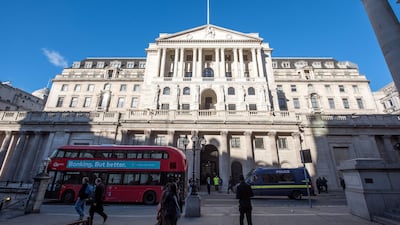Criminal financing or ‘dirty money’ is at the heart of almost every serious and organised crime and sharing financial intelligence can help prevent such crimes, British government officials have said.
Richard Riley, director for economic crime, cyber and anti-corruption at the British Home Office told an audience at The Royal United Services Institute (RUSI) in central London this week that dirty money is even behind crimes that don’t seem to be motivated by profit.
“It’s [criminal financing] even in the manifestation of serious organised crimes that are not primarily driven by profit - child sexual exploitation for example - financial intelligence is a way to tackle some of those crimes,” Mr Riley said.
“It's [financial intelligence] an important intelligence form into some of the grooming gangs on the street level,” he added.
The exact amount of dirty money that goes through the UK on a yearly basis is not known but it is thought to be in the billions of pounds.
To reduce the amount of dirty money coming through the UK and funding street gangs, officials agreed that financial institutions should work with law enforcement to share intelligence.
In 2018, the financial sector flagged over 460,000 Suspicious Activity Reports (SARs) a year to the National Crime Agency to indicate possible money laundering or terrorist financing.
But senior representatives in the financial sector and treasury officials believe the communications could be streamlined to avoid “false positives” and that banking staff should be asked to monitor suspects of financial crime by law enforcement so that they stop more criminals in their tracks.
Ken Menz, head of economic crime reform at the British Treasury, who was also at the event, said that the government has been engaging with private sector partners to tackle financial crime, often through sharing data.

